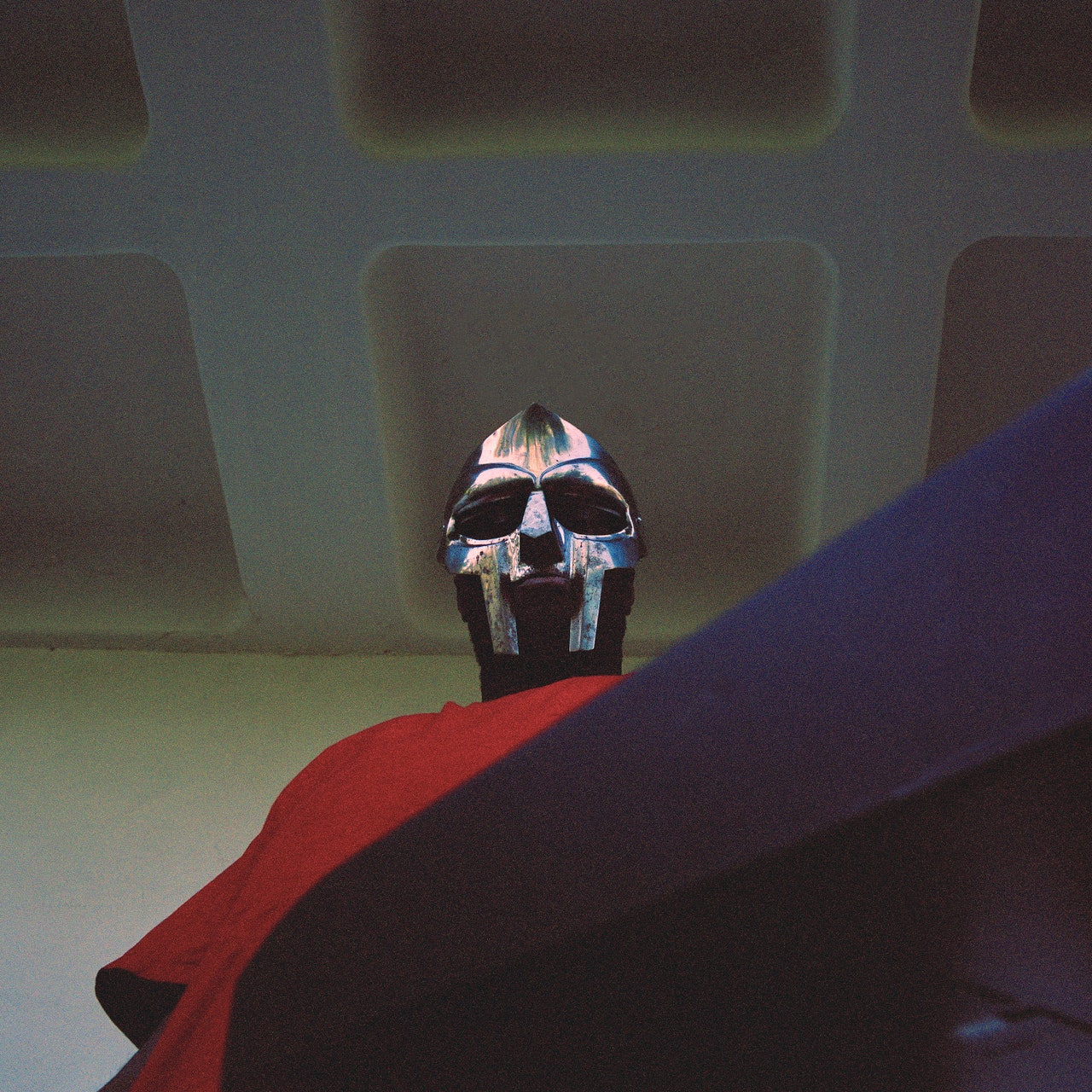In early 2002, in a rented house in Northeast Los Angeles—one whose 1950s bomb shelter with 18-inch concrete walls had been refitted as a studio space—Madlib and MF DOOM began working, quickly and with little forethought or even communication, on what would become Madvillainy. The contractual terms had been scrawled on a paper plate; DOOM was in a rush to return to his children in Georgia; by the end of the year, a version of the album would be leaked from a stolen cassette, nearly scuttling its commercial release but underlining underground rap fans’ yearning for the pairing. For more than a year, that leaked copy was the Madvillain project. When the official LP was eventually released, the leak’s legacy became a slew of message board threads debating the relative merits of the two.
Now that leak has been reissued by Stones Throw under the title Madvillainy Demos. While this is technically true—these are earlier incarnations of songs that would undergo changes before their official release—it nevertheless reframes this collection of tracks, no longer an alternate path for the duo, but a step toward an inevitable end product. This is even reflected in the titling conventions: What was once “Powerball 5” is now merely “Figaro (demo),” and so on. The sequencing is also different from the most widely circulated bootleg, which serves less to create a new arc to the record and more to cast that order as arbitrary. And yet, Demos clarifies DOOM’s remarkable attention to detail, even in the album’s most haphazard moments.
Aside from some minor adjustments to the lyrics, the biggest difference between the two versions of Madvillainy is the register of DOOM’s voice. On the final copy, he rerecorded his takes in a low, slow monotone that reflected his transformation from a rapper who darted across the tops of beats to one who buried himself deep in their pockets. That deeper voice projects a sense of control, of unflappability; the comparatively manic takes found here actually evoke the villain motif. On the early draft of “Meat Grinder”—here called “Just For Kicks,” known in the original .zip file as “Wake Uppers”—lines like “At the gates of heaven, knocking/No answer” scan as sinister rather than wearied. My comma placement there is deliberate; the words would stay the same for “Meat Grinder,” but the syllables would fall in a different, sleepier cadence. (The counterexample to this vocal trajectory is the “Fancy Clown” demo, which is actually delivered in a much lower tone, reminiscent of the white-label releases of early DOOM singles like “Dead Bent.”)
